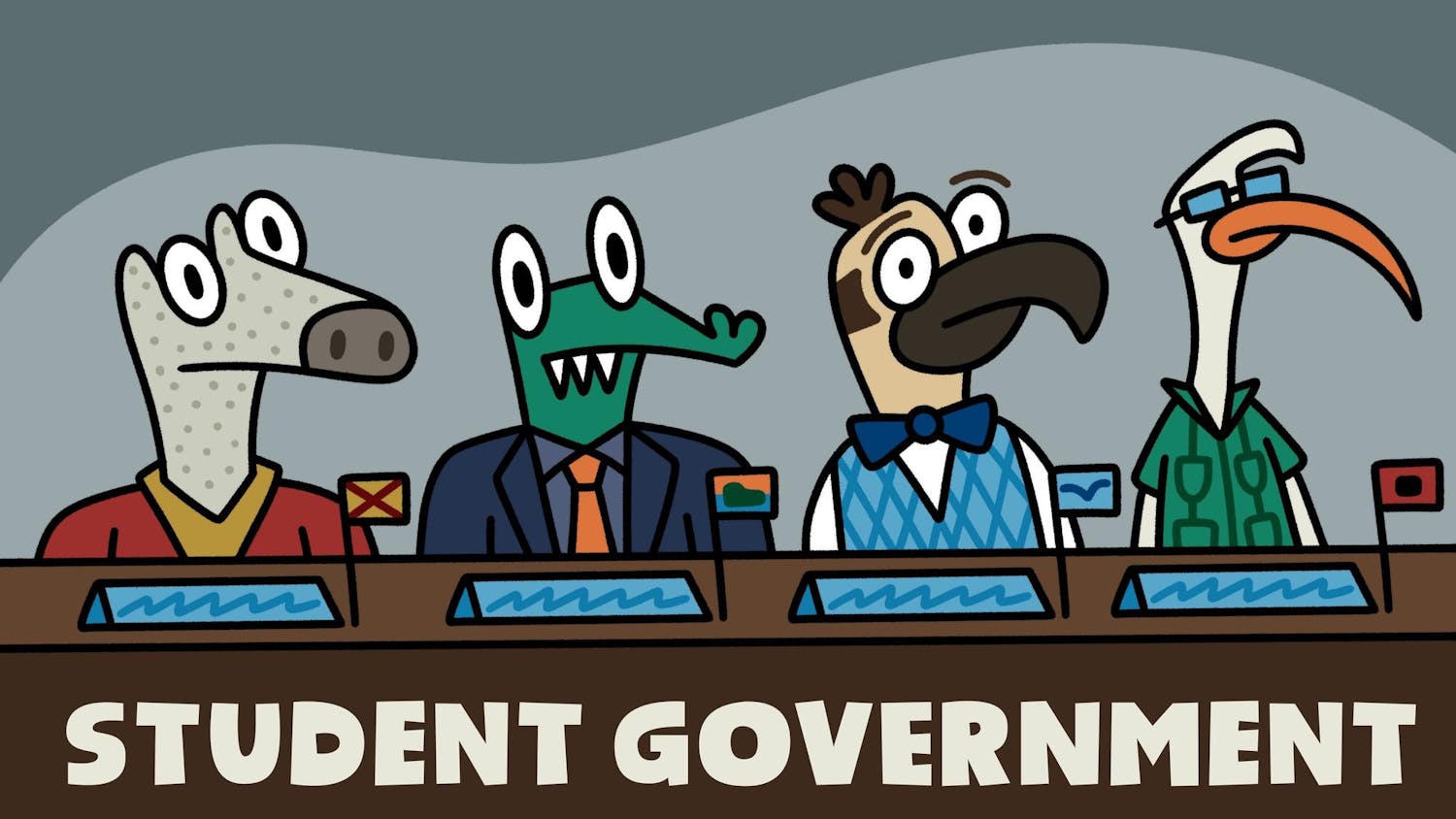Marijuana will be decriminalized before 2015. When that day arrives, be prepared for exactly nothing horrible to happen. Your children won't be murdered at gunpoint. Your liquor store won't be robbed. There will, however, be some bitchin' parties.
Pizza sales will be up more than 400 percent. Solo Cup Co. will halt production of cups and increase its share in the napkin market.
How much else of our social landscape would change? If you're not a member of the "young disillusioners club," you know that people aren't going to smoke any more than they do now. Those who want to smoke five times a day already do, and those who wish to abstain would do so gracefully regardless of legality.
Pot wouldn't be smoked on the streets because there would be "open-joint laws." Weed wouldn't be puffed by latchkey kids any more than today because 15-year-olds are the ones who already get the best bud. And people won't go to work stoned because they would be fired just like the alcoholic down the street.
It will take a few years before the naysayers fully realize what marijuana can do for the country. While there won't be overnight changes, America will eventually benefit from the commercialization of pot.
This argument isn't just the brainchild of stoners. In June, 500 economists signed an open letter to the president, Congress, governors and state legislatures supporting the legalization of marijuana.
The signers of the study, undertaken by economists at Harvard University, include three Nobel Prize laureates. One of the laureates, Milton Friedman, was one of the masterminds behind Ronald Reagan's economic policies and arguably the most important to risk his John Hancock and reputation in support of legalization.
And by the way, four of the 500 economists who signed are UF professors.
How could such intelligent people support such a heathenish drug? Because the benefits outweigh the supposed social costs.
Ending the enforcement of marijuana prohibition would save the government ,7.7 billion a year, according to Harvard's report. That doesn't even include the tax revenues, estimated at ,6.2 billion.
Imagine ,14 billion a year spent on fixing roads or hiring new teachers instead of illegally funding terrorists and drug czars.
Yes, the underground marijuana market would fall to pieces. You wouldn't buy from Bill down the street because his weed changes hands 20 times between the grower and buyer. That means 20 markups of price a user would have to absorb when he could buy weed wholesale from Costco.
Well, maybe Costco wouldn't make an immediate jump into the lucrative market, but plenty of stores would. Forbes.com forecasts that agricultural groups such as ConAgra foods would be potential growers.
Even liquor businesses like Constellation Brands - maker of Corona - are potential large-scale growers because of the undeniable abundance of potential profit.
Marijuana is already California's largest crop, even worth more than wine, according to Economist.com. Since April, ,10 billion worth of plants have been seized, and this figure doesn't even take into account the crops that weren't found.
When legalization occurs, you can bet the farm that more American entrepreneurs will jump on an opportunity to grow, especially in the fertile regions of the South and West.
Jobs will be created in agriculture, retailers including Modern Age and gas stations might start selling bud to helping out local economies, and your best friends would no longer be arrested for an incredibly silly crime.
Where will you be when the clock strikes 4:20?
Kyle Cox is a junior majoring in marketing and anthropology. His column appears on Tuesdays.





